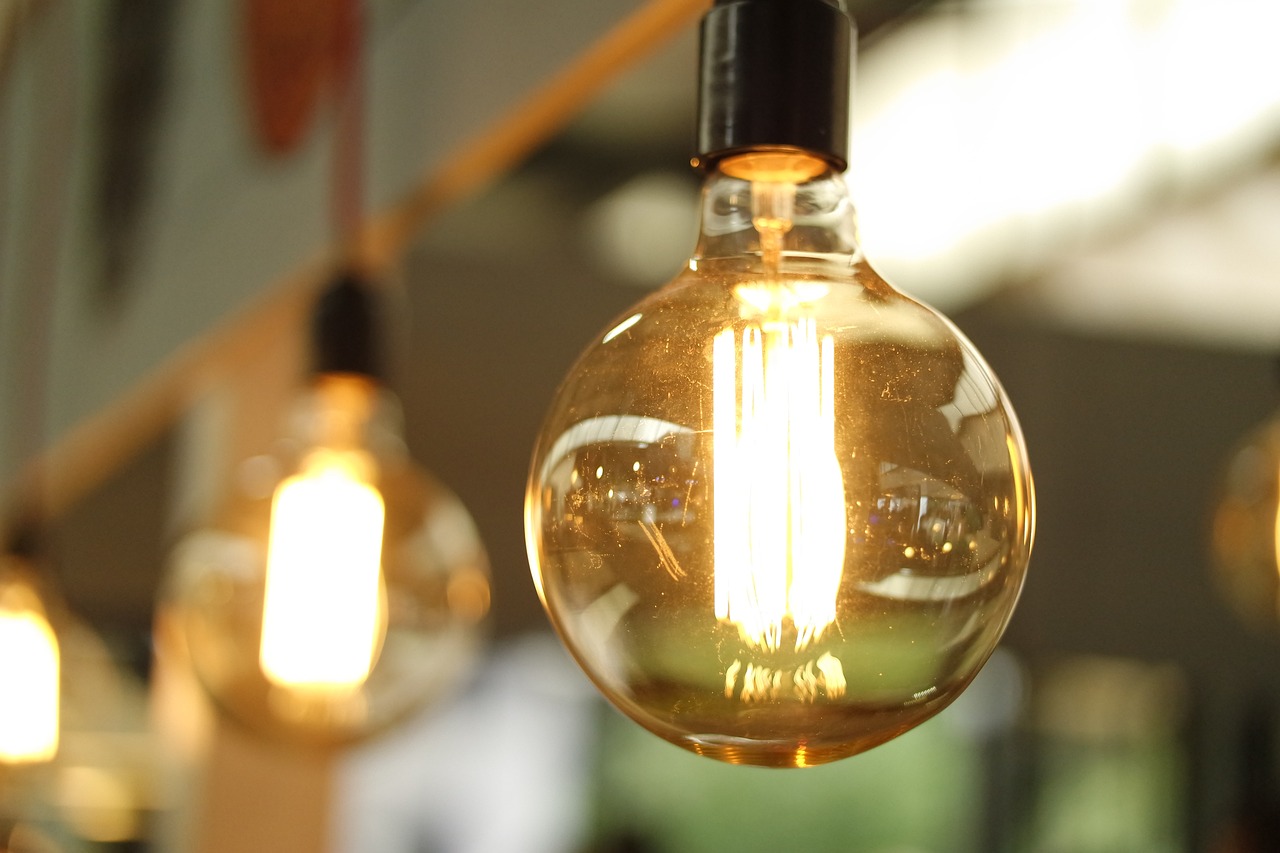

Question: How Does Energy Efficiency Affect a Home’s Worth?
Answer: Energy efficiency positively affects a home’s worth by reducing utility costs, increasing comfort, and enhancing sustainability, thereby potentially boosting property values and attractiveness to buyers.
The Link Between Energy Efficiency and Home Value
Energy efficiency has become an increasingly important consideration for home buyers, as it can significantly impact a home’s overall comfort, utility costs, and environmental footprint. Homes with energy-efficient features and systems may command higher prices and enjoy increased demand in the housing market. In this article, we will explore the various ways energy efficiency can affect a home’s worth, from the impact on utility costs to the influence on buyer preferences and the potential for government incentives.
Impact on Utility Costs
One of the most direct ways energy efficiency can affect a home’s worth is by reducing utility costs for homeowners. Energy-efficient homes typically consume less electricity, natural gas, and water, resulting in lower monthly utility bills. This reduced cost of ownership can be a significant selling point for potential buyers, as it can lead to significant savings over the life of the home.
In addition to lower utility bills, energy-efficient homes may also require less maintenance and have a longer lifespan for key systems, such as heating, ventilation, and air conditioning (HVAC) units, further reducing the overall cost of ownership.
Click the link to read more about how much your home is worth
Related Article: Does Historical Significance Play a Role in Home Worth?
Related Article: Do Nearby Green Spaces Affect Home Worth?
Buyer Preferences and Market Demand
Energy efficiency is an increasingly important consideration for potential home buyers, as many buyers are looking for homes that are both comfortable and environmentally friendly. Homes with energy-efficient features and systems may be more attractive to these buyers, leading to increased demand and higher home values.
Some of the energy-efficient features that may be particularly appealing to potential buyers include high-efficiency HVAC systems, energy-efficient windows and doors, solar panels, and well-insulated walls and roofs. These features can not only reduce utility costs but also contribute to a more comfortable and consistent indoor environment.
Government Incentives and Rebates
Many local, state, and federal governments offer incentives and rebates for homeowners who invest in energy-efficient improvements or purchase energy-efficient homes. These incentives can help offset the initial cost of energy-efficient upgrades, making them more affordable for potential buyers.
Homeowners who take advantage of these incentives and rebates may be able to command higher prices for their homes, as potential buyers may be willing to pay a premium for the energy-efficient features and the associated cost savings. Additionally, the availability of government incentives can help raise awareness about the benefits of energy efficiency, further increasing demand for energy-efficient homes.
Impact on Environmental Sustainability
Energy-efficient homes can have a smaller environmental footprint than their less efficient counterparts, as they consume fewer resources and produce fewer greenhouse gas emissions. This reduced environmental impact can be a significant selling point for environmentally conscious home buyers, who may be willing to pay a premium for homes that align with their values and priorities.
Furthermore, the growing awareness of climate change and the need for sustainable living practices is likely to continue driving demand for energy-efficient homes, potentially leading to higher home values in the long term.
Resale Value and Appreciation
Homes with energy-efficient features and systems may enjoy higher resale values and appreciation rates than their less efficient counterparts, as potential buyers may be willing to pay a premium for the associated cost savings and environmental benefits. Additionally, as energy costs continue to rise and the focus on sustainability intensifies, the demand for energy-efficient homes is likely to grow, potentially leading to higher home values over time.
Financing Options and Mortgage Rates
Energy-efficient homes may also qualify for special financing options and lower mortgage rates, as some lenders offer incentives for borrowers who purchase or refinance energy-efficient properties. These financing options can make energy-efficient homes more affordable for potential buyers, potentially leading to increased demand and higher home values.
Energy Audits and Certification: Proving Efficiency
For homeowners, proving a home’s energy efficiency moves beyond just listing features. An official energy audit, often conducted by a certified energy advisor, provides a measurable benchmark. These audits assign an EnerGuide rating in Canada. This rating quantifies a home’s energy performance and highlights areas for improvement. Presenting a strong EnerGuide rating or a similar green certification (like LEED) to potential buyers instills confidence. It validates claims of lower utility bills and environmental benefits. This objective data helps justify a higher asking price and can differentiate a property in a competitive market.
Smart Home Technology and Energy Management
Modern homebuyers increasingly seek smart home technology. These systems offer advanced energy management capabilities. Smart thermostats, for example, learn occupancy patterns and adjust heating/cooling automatically. Smart lighting systems reduce wasted electricity. Integrated home energy management platforms allow homeowners to monitor consumption in real-time. These features offer convenience and significant savings. They appeal to tech-savvy buyers and by incorporating such technology elevates a home’s perceived value. It positions the property as modern, efficient, and forward-thinking. This aligns with contemporary buyer desires for comfort, control, and reduced environmental impact.
Conclusion
In this article, we have explored the various ways energy efficiency can affect a home’s worth, from the impact on utility costs to the influence on buyer preferences and the potential for government incentives. Energy-efficient homes offer lower utility bills, reduced maintenance costs, and a longer lifespan for key systems, making them more attractive to potential buyers. Additionally, energy-efficient features and systems can lead to higher resale values and appreciation rates, as well as special financing options and lower mortgage rates. With the growing emphasis on environmental sustainability, investing in energy efficiency is not only a smart choice for homeowners but also a valuable asset in the housing market.


